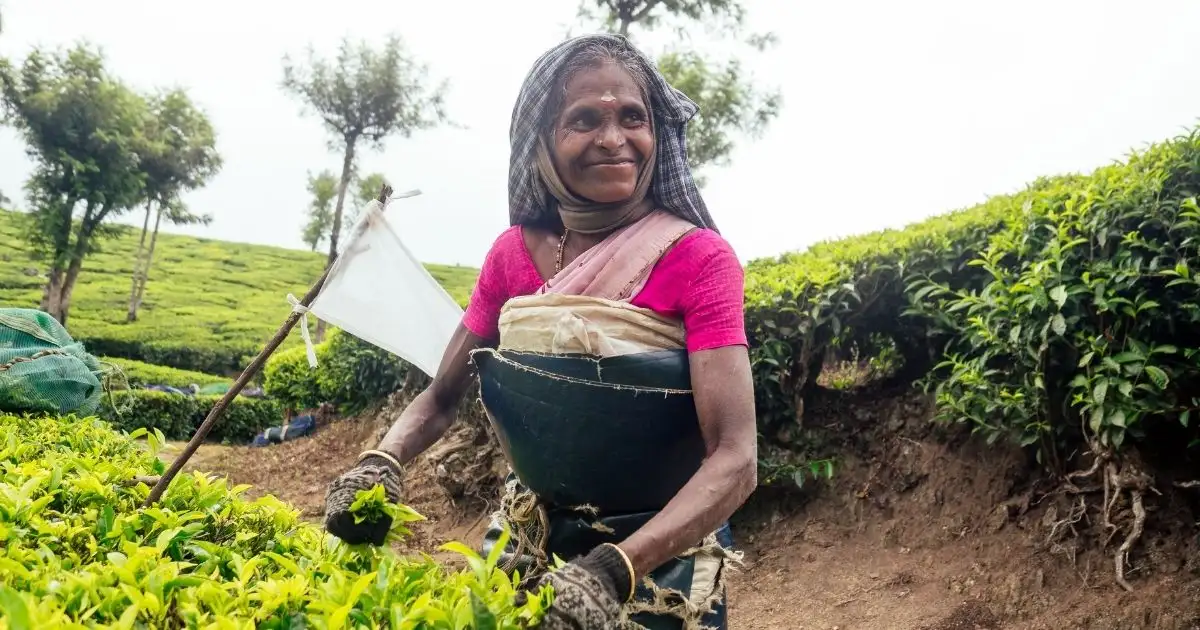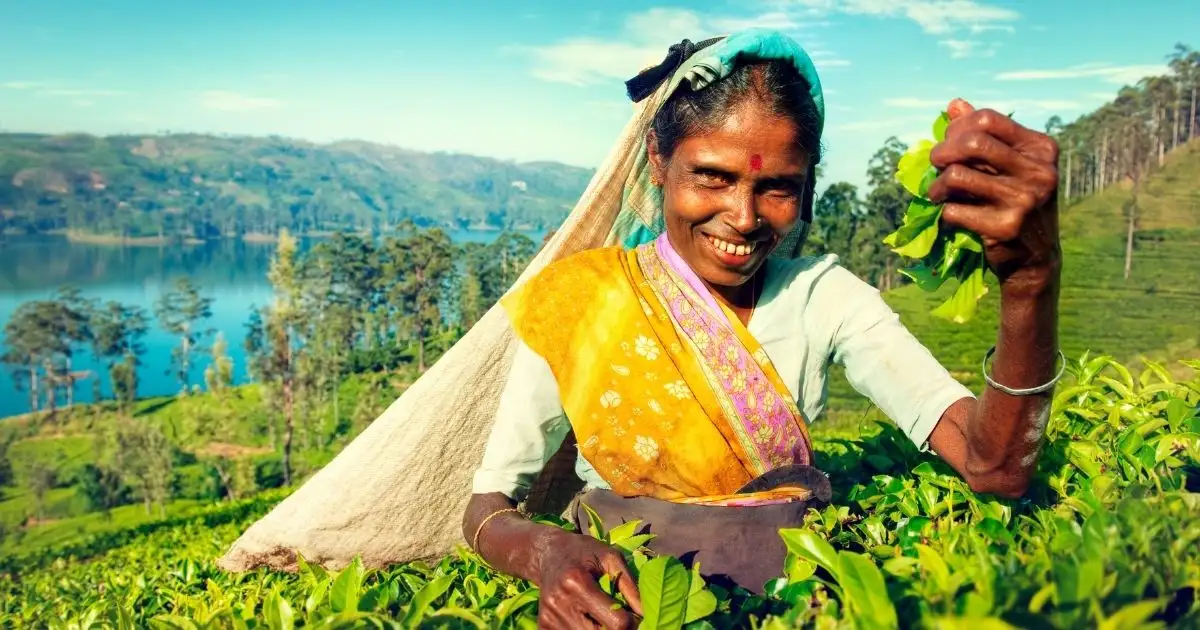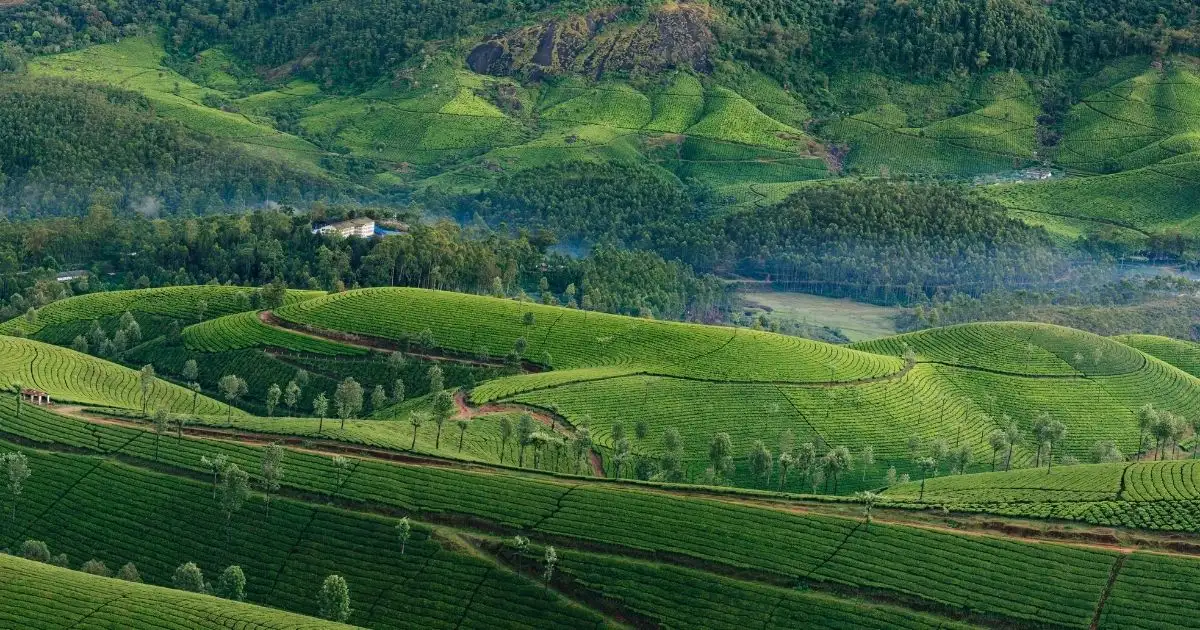
The History of Ceylon Tea: 9 Facts: From Colonial Times to Today
The history of Ceylon Tea is a fascinating journey that began during the colonial era and has evolved into a globally recognized symbol of quality and tradition. This blog post […]
 play_arrow
play_arrow
The Ultimate Guide to Tea Brewing Mr. Tea Talk
 play_arrow
play_arrow
A Comprehensive Review of 3 Must-Have Tea Products on Amazon Mr. Tea Talk
 play_arrow
play_arrow
The Ultimate Guide to the Best Tea Essentials on Amazon: Kettles and Teapots You’ll Love Mr. Tea Talk
 play_arrow
play_arrow
The Best Teapots for Tea Lovers: Silver vs. Borosilicate Glass Mr. Tea Talk

 play_arrow
play_arrow
James Taylor: The Pioneer of Ceylon Tea Mr. Tea Talk
James Taylor is widely regarded as the pioneer of the Ceylon Tea industry. His innovative spirit, dedication, and vision transformed Sri Lanka, then known as Ceylon, into one of the world’s leading tea producers. Let’s delve deeper into his remarkable contributions and legacy.
James Taylor was born on March 29, 1835, in Scotland. At 17, he ventured to Ceylon in 1852, drawn by the prospect of working in the burgeoning plantation industry. He was initially employed as an assistant supervisor on a coffee plantation, the island’s primary agricultural sector.
The coffee industry in Ceylon faced a severe crisis in the 1860s due to the outbreak of coffee rust disease, which devastated the coffee plantations. This crisis prompted planters to seek alternative crops. James Taylor, who had been closely observing the tea cultivation methods in India, saw potential in tea as a viable replacement for coffee.
In 1867, Taylor was allowed to experiment with tea cultivation at the Loolecondera Estate in Kandy. He planted the first 19 acres of tea, marking the beginning of the Ceylon Tea industry. Taylor’s approach was methodical and scientific. He meticulously studied tea cultivation techniques from Assam and China, adapting them to suit the local conditions in Ceylon.
James Taylor’s innovations were pivotal in establishing tea as a major crop in Ceylon. Some of his significant contributions include:
James Taylor’s impact on Ceylon’s tea industry extended far beyond the confines of his own plantation at Loolecondera. His pioneering methods and exceptional success quickly garnered widespread attention among other planters on the island. Inspired by Taylor’s achievements, many adopted his innovative practices, leading to a rapid expansion of tea cultivation throughout Ceylon.
By the 1870s, tea had surpassed coffee to become the dominant export crop of Ceylon. This shift was largely attributed to Taylor’s foresight and expertise in tea cultivation, which proved more resilient and profitable than coffee in the island’s conditions.
However, Taylor’s influence was not limited to agricultural practices alone. Recognizing the importance of knowledge sharing, he generously imparted his expertise to fellow planters and local workers. He established training programs and workshops, ensuring that his techniques and standards for tea cultivation were disseminated widely. This initiative was crucial in developing a skilled workforce capable of maintaining the high standards necessary for producing premium-quality tea.
Taylor’s commitment to excellence and his willingness to collaborate contributed significantly to the industry’s growth and sustainability. His efforts laid the foundation for Ceylon Tea’s reputation for exceptional quality and consistency, which continues to be upheld and celebrated globally.
In essence, James Taylor’s legacy in Ceylon’s tea industry not only revolutionized agricultural practices but also fostered a culture of innovation and knowledge-sharing that remains integral to the industry’s ongoing success. His pioneering spirit and dedication to excellence continue to inspire generations of tea growers and enthusiasts alike.
James Taylor’s contributions to the Ceylon Tea industry were profound and enduring. His pioneering work laid the foundation for an industry that would become globally renowned. Taylor’s legacy is celebrated in Sri Lanka, where he is remembered as the “Father of Ceylon Tea.”
In recognition of his contributions, a memorial plaque was erected at the Loolecondera Estate, and his former residence, “Taylor’s Seat,” remains a popular tourist attraction. Visitors can see the original tea bushes planted by Taylor and gain insights into the history and development of Ceylon Tea.
James Taylor’s pioneering efforts in Ceylon’s agricultural sector brought about a profound transformation, particularly through his pivotal role in establishing tea as a cornerstone of the island’s economy and a global symbol of quality. His innovative spirit and unwavering dedication to excellence were instrumental in shaping the success of the Ceylon Tea industry. Taylor’s willingness to share his extensive knowledge further bolstered the growth and sustainability of tea cultivation in Ceylon.
Today, Ceylon Tea stands as a testament to Taylor’s enduring legacy, renowned worldwide for its exceptional quality and distinctive flavor profiles. The industry continues to thrive, reflecting Taylor’s vision and commitment to excellence, which laid the foundation for its ongoing success and global acclaim. His contributions not only revolutionized Ceylon’s agricultural landscape but also secured a lasting legacy that continues to shape the tea industry to this day.
Tagged as: Tea History, Ceylon tea, Tea Legacy, tea cultivation, Tea Story, History of Tea, James Taylor, Ceylon Tea Heritage, Ceylon Tea Industry, Sri Lankan Tea, Tea Lovers, Tea Trade, Tea Plantations, Tea Pioneer.

The history of Ceylon Tea is a fascinating journey that began during the colonial era and has evolved into a globally recognized symbol of quality and tradition. This blog post […]

Copyright | Ceylon Wild Tea - All Rights Reserved | 2025
Post comments
This post currently has no comments.